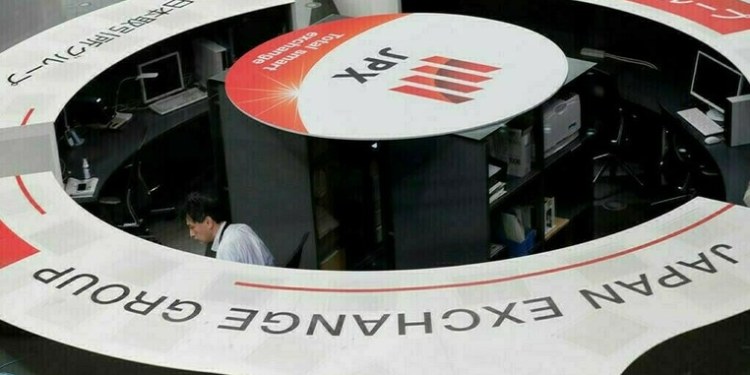(Bloomberg) — The early-November deadline set by the U.S. to sanction Iran’s oil exports is now a warning sign that’s too close for buyers to neglect.
JXTG Holdings Inc., Japan’s biggest refiner, and domestic rival Idemitsu Kosan Co. are both said to have skipped purchases of Iranian supplies loading in October. Bharat Petroleum Corp. is among Indian state-run refiners that haven’t booked any cargoes for the month either. All the companies are waiting for word from their respective governments, which are negotiating over imports with U.S. officials.
Companies are declining to buy October cargoes from Iran because of the possibility that those shipments may arrive only after Nov. 4. That’s when the U.S. will reimpose sanctions targeting Iran’s exports in an effort to force renegotiation over the Middle East nation’s nuclear program. Most Asian buyers have until now been purchasing at least some supply from the OPEC producer each month after America announced its plan in May.
After the November deadline, though, any entity trading with Iran risks being cut off from the U.S. financial system. The resumption of purchases by American allies such as Japan rests on the outcome of talks with President Donald Trump’s administration, which hasn’t yet announced any waivers from the sanctions.
While spokespeople for JXTG and Idemitsu declined to comment on whether their companies nominated October-loading Iranian cargoes, they said the firms will follow any guidance received from the government after it completes talks with the U.S. Japan will continue to negotiate “tenaciously” to maintain crude imports from the Middle East nation, Minister of Economy, Trade and Industry Hiroshige Seko said earlier this week.
Also read: U.S. Throttles Iranian Oil Flows to Buyers Who Vowed Resistance
State-run Bharat Petroleum, Indian Oil Corp. and Hindustan Petroleum Corp. are also yet to receive clarity from the government on future transactions with Iran, according to officials from the companies. America and India are still continuing discussions over the oil imports, a U.S. official told reporters in New Delhi on Thursday.
Apart from refiners, shipowners whose vessels help ferry the Middle East nation’s supply, insurers who cover those cargoes as well as banks that help process payments for the crude are at risk from the sanctions, further complicating any trade with the Islamic republic.
Iran, for its part, has said it will find “other ways” to keep its crude in the market. Discounts, bartering and smuggling are among the tactics the nation may lean on to maintain at least some of its oil exports flowing after U.S. sanctions resume. The nation set the pricing for September sales of its Light oil grade to Asia at the cheapest level in 14 years versus a similar Saudi variety.
Some tankers are currently anchored off the United Arab Emirates, fully laden with Iranian condensate. They could be awaiting discharge at the Jebel Ali port for use in a domestic refining complex, or for a vessel-to-vessel transfer, according to traders and ship brokers.
China — the biggest buyer of Iranian oil — has meanwhile increased Iranian crude imports via the Sino-Myanmar pipeline, Cinda Securities said last month. Its purchases delivered to Chinese ports via ships have fallen.
Fusion Media or anyone involved with Fusion Media will not accept any liability for loss or damage as a result of reliance on the information including data, quotes, charts and buy/sell signals contained within this website. Please be fully informed regarding the risks and costs associated with trading the financial markets, it is one of the riskiest investment forms possible.
Source: Investing.com

























